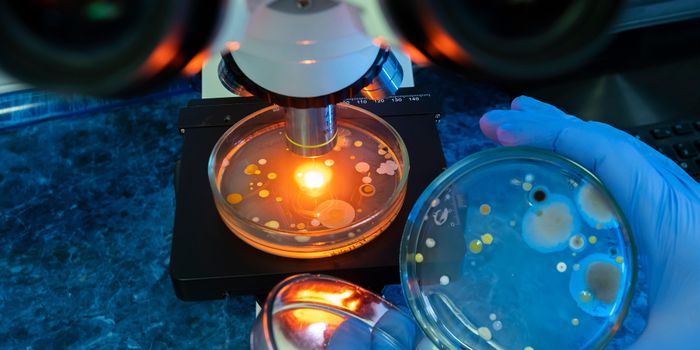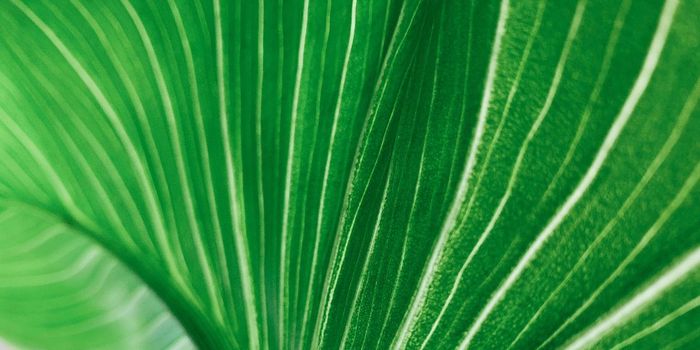Is Mankai Duckweed the Next Superfood?
Acai, kale, and quinoa are just a few foods that have been labeled as “superfoods” in recent years. Superfoods are those which contain healthy compounds such as antioxidants, fiber, or fatty acids. They’re alleged to boost health and vitality in numerous ways including regulating cholesterol and blood pressure and preventing cancer. The term “superfood” is not scientifically regulated, and it is commonly used to establish health trends and marketing verbiage.
However, scientists do study certain “superfoods” to discover their biomedical advantages. Additionally, as food resources are challenged by population growth and climate change, discovering new sources of healthy foods is of vital concern. Mankai duckweed is one such superfood that is being studied for its health benefits, as well as its potential to become a more widely used protein source.
What is duckweed? According to the USDA and U.S. Forest Services, duckweeds are the smallest flowering plants currently in existence and are found in freshwater aquatic habitats such as ponds and lakes. Most duckweeds are a single, flat oval leaf with a maximum size of 0.25 inch. The grow so quickly they can be considered a nuisance by humans, but they’re also an important food source for waterfowl and fishes. Duckweeds are also sometimes called “water lentils” when used in human foods or dietary supplements.
Mankai duckweed—Wolffia globosa—is a high-protein type of this aquatic plant, containing 45% protein. Previous studies have demonstrated Mankai duckweed’s viability as a healthy protein source as well as a unique source of B12. A study from earlier this year showed that incorporating Mankai into a Mediterranean diet can result in healthy iron and folic acid levels (without red meat). Most recently, a team of researchers from Ben-Gurion University of the Negev (BGU) discovered Mankai duckweed’s ability to provide glycemic control after carbohydrate consumption. The results of the study were published in the American Diabetes Association’s Diabetes Care journal last month.
To assess Mankai duckweed’s impact on glucose levels, study participants were given a green shake containing Mankai duckweed or a yogurt shake equivalent. They monitored the participants’ glucose dynamics for two weeks. The results of the study showed that the participants who drank the duckweed shake had lower glucose peak levels, morning fasting glucose levels, later peak time, and faster glucose evacuation. Participants also reported feeling fuller. These results further bolster duckweeds’ status as an emerging superfood and protein replacement.
Sources: US Forestry Service, Science Daily, Diabetes Care









